These Collected Poems, published halfway through Carol Ann Duffy’s time as poet laureate, make clear that she is a true Romantic poet in the tradition of Byron, Wordsworth, Elizabeth Barrett Browning, Anne Ridler and Elizabeth Bishop. In his introduction to Lyrical Ballads, Wordsworth defined Romantic poetry as ‘the spontaneous overflow of powerful feelings’. And these pages do indeed overflow.
I have known Carol Ann Duffy since the late 1970s when her father, Frank Duffy, an AUEW shop steward, was the Labour parliamentary candidate in Stafford, the neighbouring constituency to mine, in Leek. Born in Glasgow in 1955, and educated in Stafford, Duffy left home in the 1970s to read philosophy at Liverpool University. Later, in Liverpool, she lived with the poet, Adrian Henri, who became a passionate supporter of her poetry, then beginning to appear in small magazines such as Outposts.
In the 30 years since, she has produced 11 books of poetry, edited eight anthologies, written five stage plays, become professor of creative writing at Manchester Metropolitan University and been made Poet Laureate, a CBE and a dame.
People, their emotions and their lives, are at the centre of everything she writes. She writes poems about love and sex, painting and political protest: the Afghan war, the banking crisis, HIV and Aids, climate change and healthcare.
She has been writing about love in all its moods ever since her first collection Fifth Last Song (1982): erotic and ecstatic, sensual and sexual, broken-hearted and weak at the knees, exhilarated and exhausted, rejected and resigned, lofty and lusty, tender and tentative (her own descriptions, in the introduction to Hand in Hand, her anthology of other people’s poems).
She can be romantic, as in ‘Words Wide Night’: ‘For I am in love with you. This/ is what it is like or what it is like in words’; or sensual, oblique, as in ‘Warming Her Pearls’: ‘At six, I place them/ round her cool, white throat. All day I think of her’. It ends: ‘All night/ I feel their absence and I burn.’
She is good at loss and writes after the death of her father in ‘Pathway’: ‘The moon a simple headstone without words.’ And she is eloquent on her love for her daughter, Ella: ‘…you fell from a star/ into my lap, the soft lampo at the bedside/ mirrored in you.’ She is rarely sentimental. Her anger at injustice is raw, but she can be playful and funny, as in ‘Mrs Midas’: ‘Look, we all have wishes, granted./ But who has wishes granted? Him.’
The public duties of a Laureate have proved a burden for some, but Duffy has turned them into opportunities: witness her ‘At Jerez’, on the Laureate’s annual ‘wage’ of sherry; ‘Shakespeare’ (‘small Latin and less Greek, all English yours,/ dear lad, local, word-blessed, language loved best’; and ‘The Crown’:
The crown translates a woman into a Queen —
Endless gold, circling itself, an O like a well,
Fathomless, for the years to drown in — history’s bride,
Anointed blessed, for a crowning…
and
Time-gifted,
the crown is old light, journeying from skulls of kings
to living Queen.
She handles longer narratives as fluently as short squibs. She is continually surprising. Last year she produced a major new collection, The Bees:
Here are my bees,
brazen, blurs on paper,
besotted; buzzwords, dancing
their flawless, airy maps.
and
where bees pray on their knees, sing, praise
in pear trees, plum trees; bees
are the batteries of orchards, gardens, guard them.
The size of this collection bears witness to how hard Duffy works, though it is by no means comprehensive. It does not include any of her plays, although Everyman (recently at the National) gave its lead actor, Chiwetel Ejiofor, some splendid poetry. There’s nothing from her first pamphlet and no illustrations, despite these always being important to her. But there is more than enough here to make it clear that she is a true Romantic poet, and may become a great one.
Got something to add? Join the discussion and comment below.
Get 10 issues for just $10
Subscribe to The Spectator Australia today for the next 10 magazine issues, plus full online access, for just $10.
Available from the Spectator Bookshop, £21.25, Tel: 08430 600033
You might disagree with half of it, but you’ll enjoy reading all of it. Try your first month for free, then just $2 a week for the remainder of your first year.

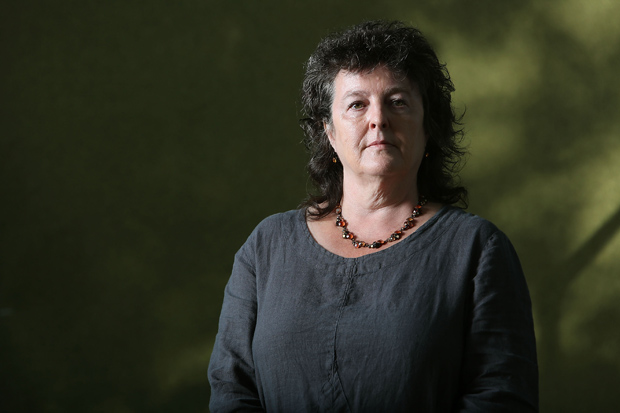
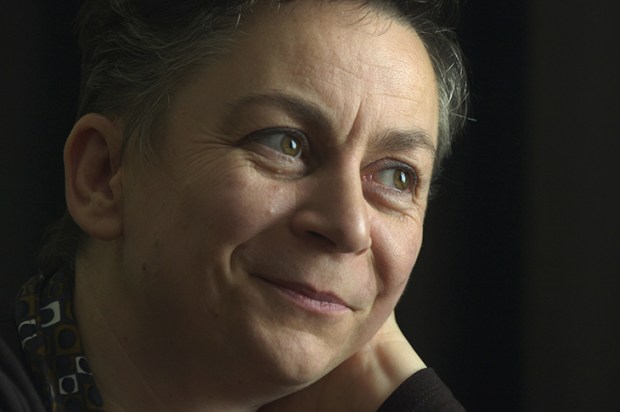
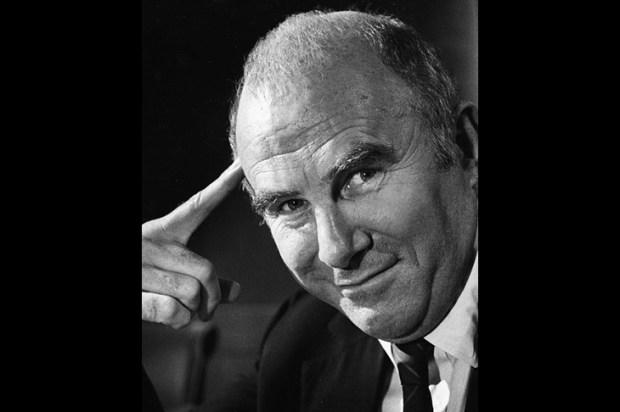
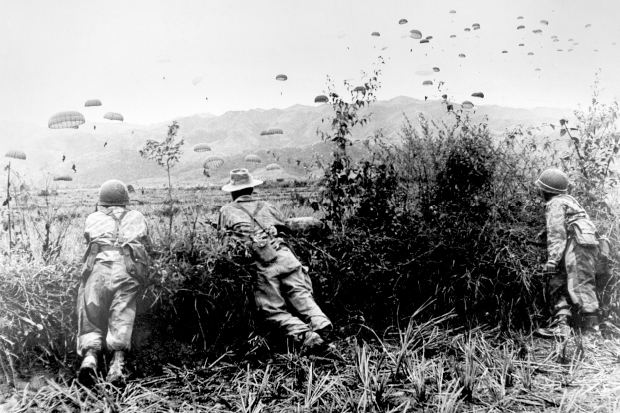
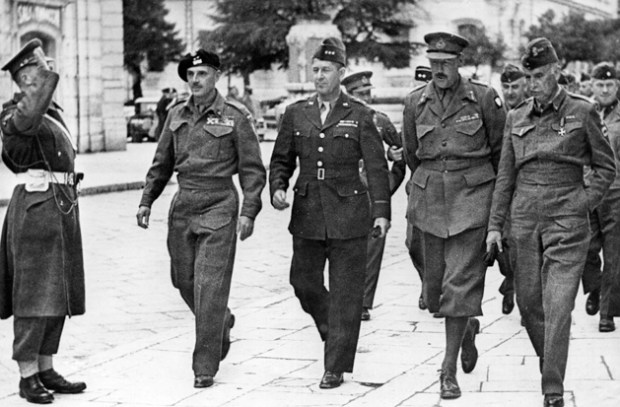

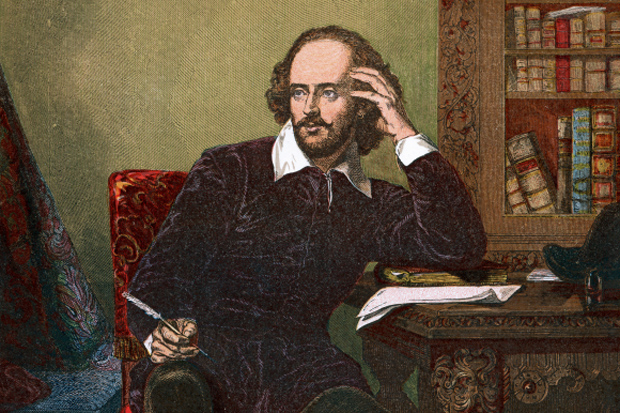






Comments
Don't miss out
Join the conversation with other Spectator Australia readers. Subscribe to leave a comment.
SUBSCRIBEAlready a subscriber? Log in